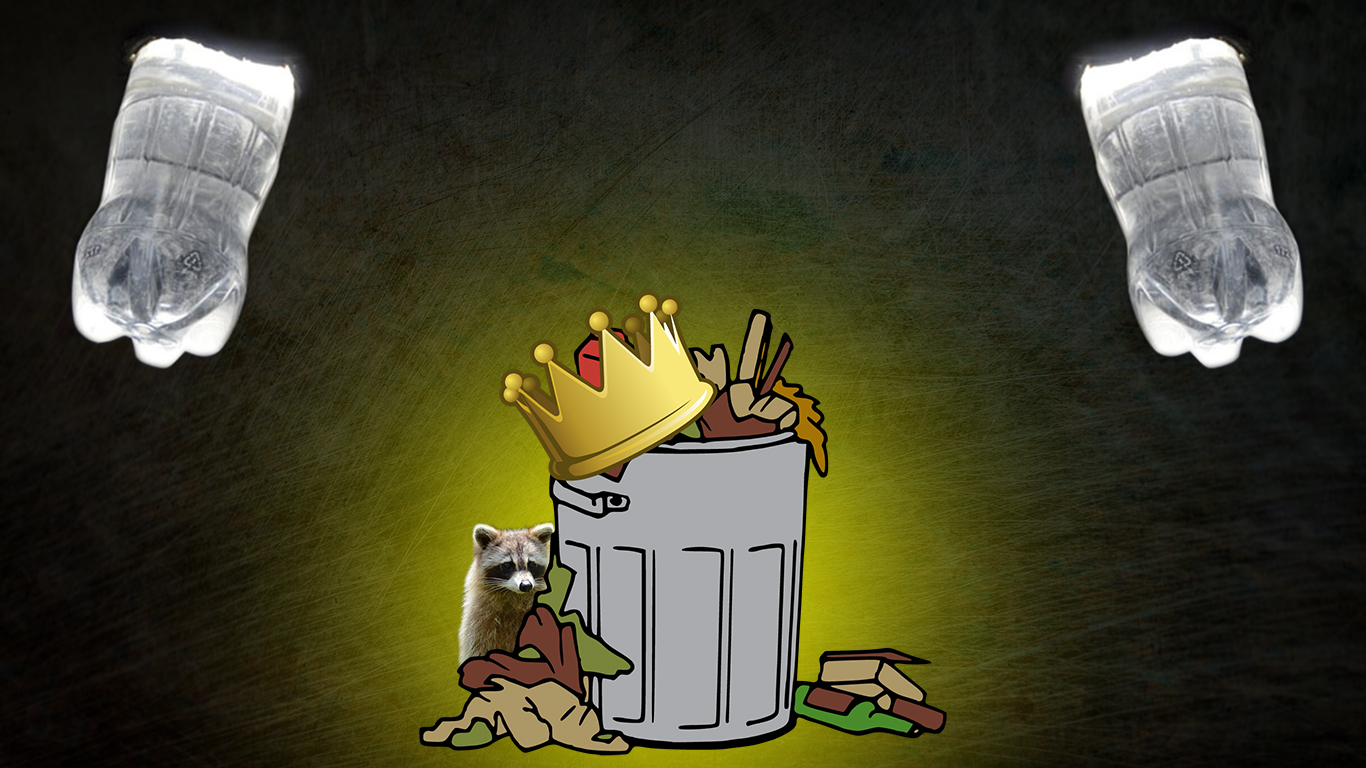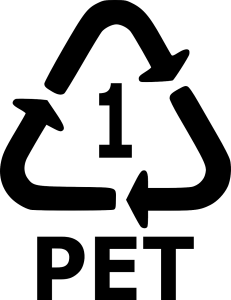Trash vs. Treasure: Creatively Reusing Plastic Bottles
By on Jul 20 2016

We all know the familiar idiom, One man's trash is another man's treasure.

The implication being, of course, that what one individual finds valueless could be of great value to someone else: one man throws away what another needs.
Phrases like this only really need a surface reading to get the gist. That's the point: idioms are universal for a reason. But what about the deeper implications? What else can we learn from these rather trite sayings if we give them a greater consideration beyond an eye-roll and a mumbled —uh huh? "
The trash versus treasure analogy is an interesting one: what is trash? What is treasure? Naturally, answers to these questions are not universal (at least not to a point); gold, for instance, can probably be classified as a treasure without too much resistance. But what about other things? Oil, for instance? Black gold. That's a treasure, right? Not universally, and not always.
Before the oil industry boomed and industrialists discovered how to distill petroleum —for use in lamps, oil was actually an annoying substance that interfered with drilling water wells in Western Pennsylvania. So a trash became a treasure. What was once considered quite valueless to society (despite select groups having used it worldwide over the past 5,000 years) gained momentum and became a national treasure. The industrialized world quite literally runs on petroleum.
Cool, right? But so what?
R-E-C-Y-C-L-E

Recycling is something to keep in mind when we consider this trash versus treasure discussion.

The world in which we live is rather disposable. With that being said, we generate a lot of waste, particularly when it comes to plastics. Our use of plastics is not necessarily the issue, but rather our disposal of them: when plastic bottles are thrown away in the trash, or when they become litter, they can negatively affect the environment. And that's not cool.
While all plastics differ, the average time it takes for a plastic bottle to degrade is at least 450 years. Some types of plastic can take as long as 1000 years, while bottles made with Polyethylene Terephthalate (PET or PETE) will never biodegrade. This is why recycling is incredibly important: while PET plastics cannot biodegrade (hey, neither can glass), these plastics are recyclable and new PET packages can be made from 100% recycled PET plastic.
There are a variety of uses for recycled PET than just making more plastic bottles: fiber for carpets; fabric for clothing (from t-shirts to fleece jackets); fiberfill for sleeping bags, winter jackets, and dog beds; industrial strapping; sheet and thermoformed packaging; and automotive parts like bumpers and door panels. Instead of producing new materials to make these manufactured goods, we can simply use materials at hand and transform them in a new way, preventing such plastic from ending up in the ocean.
Just remember: bottlenose dolphins don't actually require plastic bottle noses.
Can plastic bottles change people's lives?
Manufacturing recycled plastic bottles into new products is a great way to mitigate human impact on the environment and reduce waste; however, recycling programs aren't always successfully implemented. Americans, for example, only recycle about 34% of all waste they create. Recycling in developing countries can also be an issue, as they generally don't have formal recycling systems in place.
But even in areas where recycling may not exist, or be feasible, there are numerous creative uses for water bottles that are actually, well, useful, and can replace costlier alternatives for living.
Moser Lamp
In 2002, Brazilian mechanic Alfredo Moser was inspired by one of many frequent electricity blackouts in his home city, Uberaba, in southern Brazil.
"It's a divine light. God gave the sun to everyone, and light is for everyone. Whoever wants it saves money. You can't get an electric shock from it, and it doesn't cost a penny."
Moser's lamp is of minimal construction: an empty two-liter plastic bottle. Moser fills the bottle with water and a little bleach (to prevent the water from growing algae). And that's it. The lamp isn't a lamp, per se, but it can provide approximately 40 to 60 watts of light (depending on the sun).
Moser simply drills a hole into the roof, pushes the capped bottle into the hole, and fixes the bottle with polyester resin so the hole doesn't leak. These —lamps " work with the simple refraction of sunlight: the bottle of water bends the sunlight and spreads it around the room.
Alfredo Moser's simple invention provides an effective means for residents to fill their home with light (during the day) without the need for electricity, which can be quite expensive. These lights further provide individuals the opportunity to grow food on small hydroponic farms with the light provided by these bottles.
As Moser points out, this method of lighting a home during the day is essentially free, and it provides a use for plastic bottles that might otherwise end up in a landfill— or worse. And if an individual needs more light, or needs to change out a bottle, they don't need to be hindered by the cost of, say, replacing an expensive window.
Moser's lamp model is currently being utilized in at least 15 countries.
Joining Bottles
Michaela Pedros, a design graduates of the Royal College of Art, utilizes discarded plastic bottles in her designs for building wood furniture. Her Joining Bottles project was presented at the Show RCA 2016 graduate exhibition.
Pedros takes a plastic bottle, cuts it, puts it around two pieces of wood, and heats the plastic using a heat gun. The plastic shrinks around the wood creating a joint.
Pedros's primary reason for the project is to show others how this technique can be utilized to build inexpensive furniture using materials that are essentially all over the place (i.e. plastic bottles). She worked with a community group called R-Urban Wick in Hackney Wick, London, and ran workshops to teach people how to quickly build small pieces of furniture that they were able to take home.
Trash to Treasure
Producing plastics requires energy. Recycling plastics further requires energy. Individuals like Moser and Pedros provide simple alternative uses for plastic bottles by targeting regions and demographics where large-scale commercial recycling might not be a viable option (or an option, period). And while light-refracting lamps and quirky furniture are not going to provide a long-term and large-scale solution to an abundance of plastic waste, they do provide a useful solution for individuals who are inundated by —such trash and may lack the funds or infrastructure for costlier "standards."
These more —bespoke —methods of up-cycling plastic bottles are obviously not for everyone, but the fact that they exist proves that individuals across the globe recognize that there is a universal need to make use of existing —plastic products in manufacturing and design, on both an industrial scale and an individual scale. It doesn't hurt to start small: if everyone was a little more conscious of their waste and waste management, the inundation of plastic simply wouldn't be a huge problem.
The problem isn't what we —have, but rather what we do with it. Our call to action as a species should not be to focus on the "evils" or plastic, but instead we should focus on recycling (or up-cycling) the plastic once it is deemed "disposable". —We need to learn how to better turn our trash into treasure. — —
If you're not in the USA or Argentina, and would like another alternative for reusing your used plastic bottles, there also exists a tool called the Plastic Bottle Cutter, which will turn your plastic bottle into plastic rope:
Sources:






